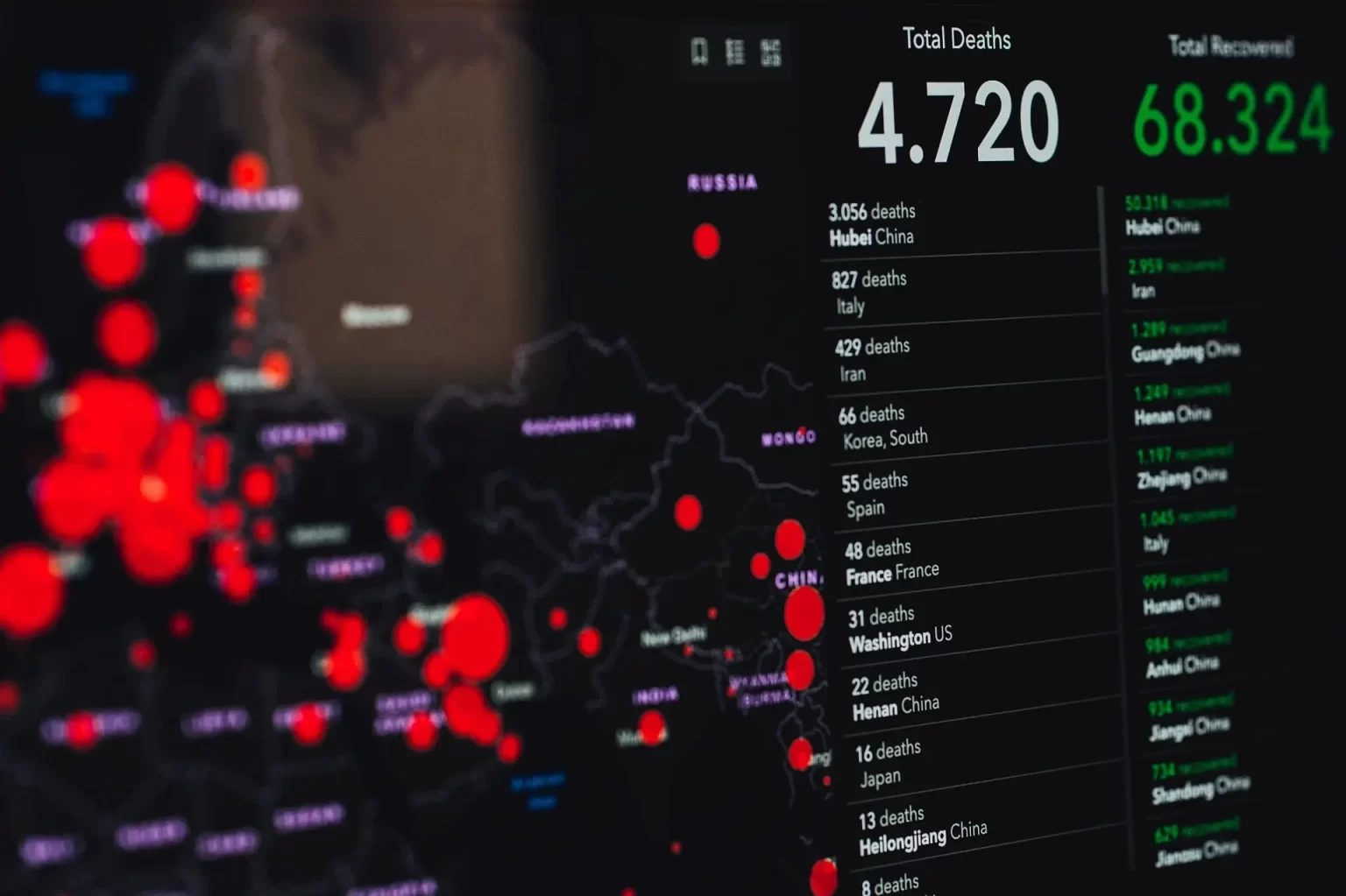The changes brought about by the new coronavirus pandemic are not just restricted to the economic downturn. In fact, although several GDPs have suffered an impact in relation to the crisis, the influence of this new normal, or rather, new way of living, has brought and will bring impacts that affect our routines. TRENDING
For example, according to research by the company Toluna, some habits acquired during this period that Brazilians intend to preserve are: hygiene — 59.5%; cooking your own food — 49.6%; online courses — 43% and spending at the market or pharmacy with just the essentials — 40.6%.
However, when we bring these changes to the business world and work processes, what do we really have? In this text, we will talk about the trends of the new normal for companies. Let’s go.
What were the impacts of the COVID-19 crisis on companies?
In general, a change in the entire idea of work linked to transportation and face-to-face needs may be the first impression we have about this crisis. We cannot fail to mention the reduction in revenue that, inevitably, has affected several sectors in recent months.
However, in addition, other issues linked to routine and production methods also suffered an impact. At first, many companies are realizing that there is no need for all employees to be present, after all, they can work remotely and produce very well. This brings greater flexibility to the company.
Another point is hygiene and contact have changed radically. Since it is no longer possible, at least for now, for several people to be together in one place. Elevators, conference rooms, and other places will have reduced circulation.
The hygiene processes and mandatory use of masks are also more intense at this time. We know that in many establishments, you can only enter if you are wearing a mask. In addition, cleaning of locations has become more intense, including offering alcohol gel to consumers and employees.
What are the trends of the new normal?
In the previous topic, we showed what is already happening in several companies and establishments, mainly in Brazil. Now, we separate the possible trends of this new normal that will probably remain. Check out!
1. Incorporation of the Home Office
Remote work was already a reality for different services; a freelancer, for example, works from home. However, one of the protective measures against COVID-19 is social isolation, which has led many other professionals to carry out their duties from home.
What we saw during this pandemic period is how some services can be carried out without problems at employees’ homes, even bringing more returns. This is a trend that will likely continue, and, according to research carried out by FGV, a home office is expected to grow by at least 30% in the post-pandemic world.
2. Holding meetings via videoconference
Zoom, Hangouts, Microsoft Teams… We find it difficult if you have never heard of these platforms. Dedicated to providing contact with people via video conferencing, they helped a lot in ensuring that different business processes, such as courses, meetings, and lectures, were carried out.
This function is another of the trends that should remain in business routines. Even more so as some employees will continue to work remotely, the need to attend face-to-face meetings will be greatly reduced.
3. Cloud Solutions
The cloud is not such a new technology, after all, it has been part of the routine of some business processes for a long time. However, with COVID-19, the demand for this type of service has increased considerably.
No wonder, you can save, create and share files from anywhere just using the internet. For employees who work from home, it is important that companies are able to bring their structure to the home office. This solution showed that this is possible, which will generate greater investment in this type of technology.
4. financial BPO
The possibility of outsourcing the main financial functions, such as credit analysis, indicator management, payment and receipt administration, among others, are some of the trends enhanced by the crisis. At this point, we find financial BPO, or Business Process Outsourcing, a service aimed at serving companies that need to professionalize or improve their financial management.
Needless to say, many business owners have become overwhelmed when it comes to taking care of their business’s core processes. Mainly, those linked to production, such as “what to do with the stock now that everything has stopped?”. Therefore, the chance to have professional help in the administrative area is a way of investing in improvements to the day-to-day running of the business.
5. Expanding the use of specialized software
Even though the movement is no longer the same, many processes related to the routine, maintenance, and archiving of company data continue. For some, it was necessary to use tools that are capable of dealing with this information and also optimizing some services.
These solutions, which have now become more necessary as management was focused on trying to survive and control their costs, will continue. Mainly because they provide more agility for results and ensure that employees’ focus stays where it really needs to be.
6. Brand purpose
Another big change is in relation to company marketing. The impact of the pandemic was not just bringing an economic crisis, as we highlighted previously. It also has a direct relationship with changes in people’s behavior and values.
Now, customers are much more attentive to the principles of the brands they consume. Especially if their actions are in line with what they preach. The FGV study showed that 55% of consumers think that companies should work on projects that are related to their values. This already shows a change in thinking about the role of a company in the world.




